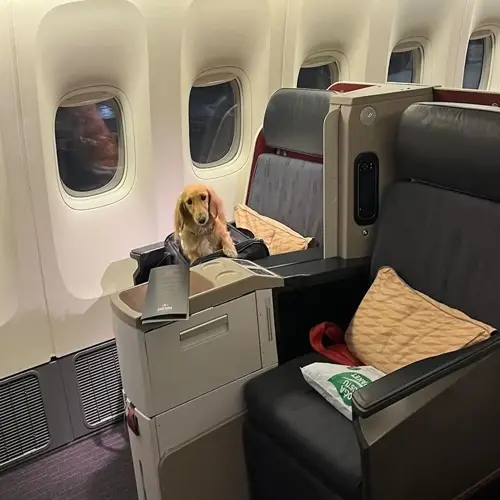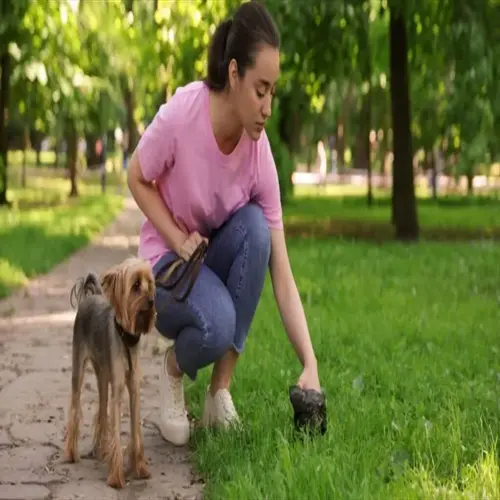Why are police dogs called K9?

Written by
Hoang Long
Reviewed by
Prof. Edward Clarke, Ph.D.The word K9 for police dogs is derived from the word canine phonetically spelled K-9. This designation is intended to distinguish working dogs in law enforcement and the military from family pet types. It affords recognition of their specialized training in scent detection, tracking, and protection work.
Historical Origin
- Term standardized during WWII military dog units
- K-9 phonetically represents "canine" pronunciation
- Differentiates working dogs from companion animals
Training Specialization
- Detection: Narcotics explosives currency
- Tracking: Suspects missing persons evidence
- Protection: Suspect apprehension officer safety
Breed Selection
- German Shepherds: Intelligence versatility
- Belgian Malinois: High drive endurance
- Labrador Retrievers: Scent detection aptitude
Handler Partnership
- 24/7 cohabitation strengthens bond
- Rigorous joint training certification
- Retirement adoption by handlers standard
Specialized skills are crucial in K9 training, extending beyond basic obedience. Dogs learn scent discrimination and the ability to identify narcotics from distractions. They learn tactical commands, including controlled aggression and release on command; such extensive training results in dependable partners in high-stakes operations.
The connection between the handler and their K9 is a 24-hour-a-day, 7-day-a-week partnership. These handlers take care of their partners while at home and work. This constant companionship builds remarkable communication. The indication of searches with subtle movements results in finds before indications. This relationship results in lives being saved under critical situations.
Contemporary K9 units are more than just the traditional functions. Dogs that can detect hidden electronic storage have been developed, currency sniffing dogs are intercepting illicit cash flows, and, most recently, pandemic response dogs have even discerned COVID cases identified by scent. The evolution of K9 roles has made K9 units more important than ever.
The K9 designation acknowledges these dogs' service in a significant way, recognizing them as professional service dogs in a law enforcement agency. They have retirement ceremonies to honor their service, and most are retired to live with their handlers, continuing a bond they developed during their service.
Read the full article: Professional Dog Training: Ultimate Career Guide

